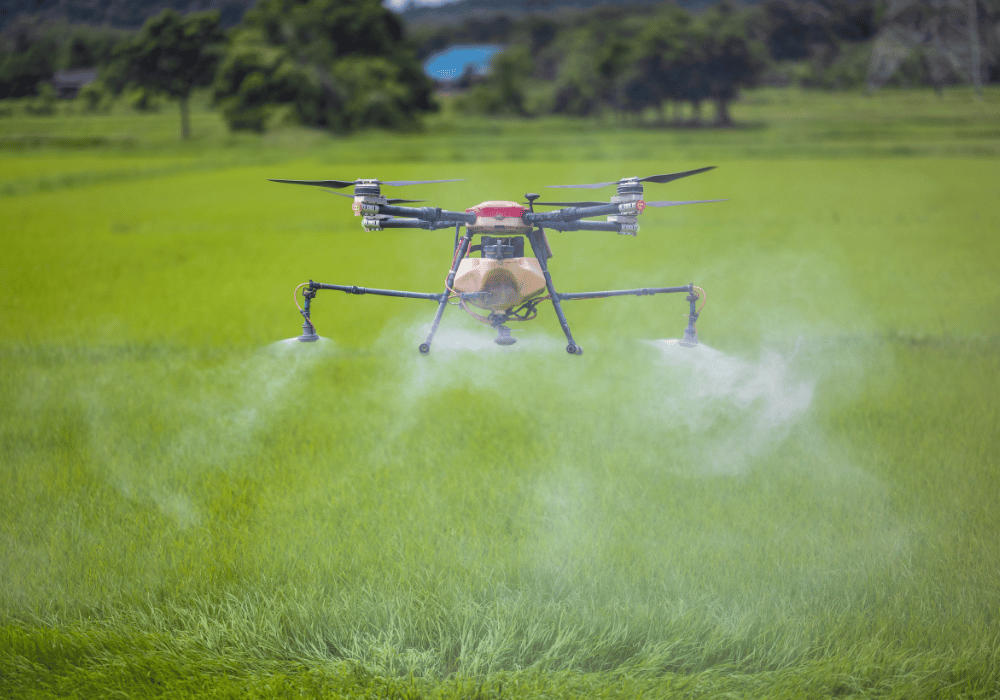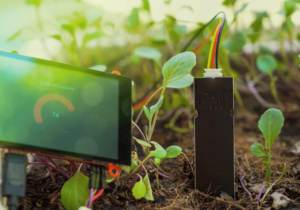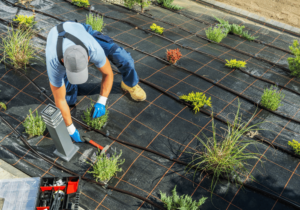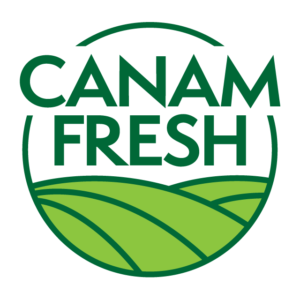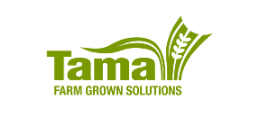In the quest for agricultural efficiency and sustainability, precision irrigation emerges as a pivotal innovation, revolutionizing the way water resources are managed on farms. Heartnut Grove WWT, a leading supplier of farm supply and agricultural irrigation products, champions the adoption of precision irrigation techniques to enhance crop yields, conserve water, and ensure the long-term viability of farming operations. This blog delves into the transformative impact of precision irrigation on modern farming practices, highlighting its benefits and the technological advancements that make it possible.
Understanding Precision Irrigation
Precision irrigation is a method that utilizes advanced technology to deliver water directly to the plants’ root zone, in the exact amounts and at the right times needed for optimal plant growth. Unlike traditional irrigation methods, which can be imprecise and wasteful, precision irrigation tailors water application to the specific requirements of each crop and soil type, significantly improving water use efficiency.
The Benefits of Precision Irrigation
Enhanced Water Conservation: By applying water only where and when it’s needed, precision irrigation dramatically reduces runoff and evaporation, conserving precious water resources.
Improved Crop Yields: Precision irrigation supports healthier plant growth and higher crop yields by ensuring that crops receive the ideal amount of water, minimizing stress and promoting vigorous development.
Reduced Costs: Efficient water use translates into lower irrigation costs. Additionally, precision irrigation can decrease the need for fertilizers and pesticides, as healthier plants are more resilient to pests and diseases.
Environmental Protection: By reducing the runoff of fertilizers and pesticides into nearby water bodies, precision irrigation contributes to the protection of aquatic ecosystems.
Technological Advancements Driving Precision Irrigation
Innovation lies at the heart of irrigation, with several key technologies enabling its implementation:
Soil Moisture Sensors: These devices provide real-time data on soil moisture levels, allowing farmers to adjust irrigation schedules based on actual crop needs.
Drip Irrigation Systems: Delivering water directly to the base of the plant, drip irrigation minimizes waste and maximizes water use efficiency.
Automated Control Systems: Advanced computer systems and software enable the automation of irrigation schedules, adjusting water delivery in response to changing weather conditions and soil moisture data.
Satellite and Drone Imaging: Remote sensing technology helps in mapping field variability, guiding the strategic placement of irrigation systems to match the landscape’s specific needs.
Implementing Precision Irrigation on Your Farm
Adopting precision irrigation involves a few critical steps:
Assessment: Evaluating your farm’s specific needs, including soil types, crop varieties, and water availability.
Planning: Designing a precision irrigation system tailored to your farm’s unique characteristics, with the help of experts like Heartnut Grove WWT.
Installation: Setting up the irrigation system, including sensors, drip lines, and control units.
Monitoring and Adjustment: Continuously monitoring system performance and making adjustments as
necessary to optimize water use and crop health.
Precision irrigation represents a significant leap forward in agricultural water management, offering a pathway to increased productivity, sustainability, and profitability in farming. By leveraging the latest technologies and practices, farmers can ensure that every drop of water contributes to the health of their crops and the future of their operations. Heartnut Grove WWT is committed to supporting farmers in this transition, offering the expertise and products necessary to implement precision irrigation systems effectively.

